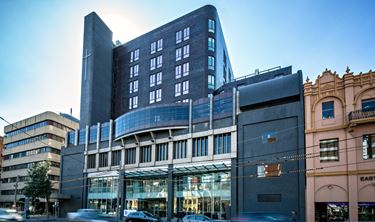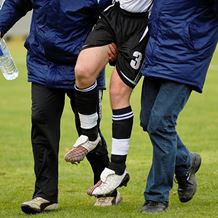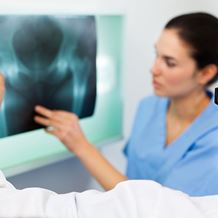ACL Reconstruction
- Home
- Services
- Orthopaedics
- Knee Orthopaedics
- Other Knee Surgeries and Procedures
- ACL Reconstruction
How do I know if I need an ACL reconstruction?
The anterior cruciate ligament (ACL) plays an important role in stabilising the knee joint, particularly for rotational movements. ACL tears most frequently occur during sports that involve sudden stops and starts with pivoting manoeuvres, such as soccer, netball and basketball. There is usually a clearly defined event where something pops, snaps or cracks. You may feel a sensation of your knee giving way, and it will begin to swell. This is your ACL ligament tearing.
Most people that experience an ACL tear need reconstructive surgery as it cannot heal by itself. It is among the most common procedures in the world and has a high rate of success. Using tiny incisions to insert a camera and miniature tools, the torn ligament is replaced with a healthy tendon from another part of the knee such as the hamstring, patella tendon or quadriceps. This procedure restores stability and function to the knee joint with a return to high impact sport possible within a year.
What are the general recovery times?
The operation will take 1-2 hours but you are likely to stay in hospital overnight. The first few weeks after surgery are important in determining the long-term outcomes. Ice packs and elevation can be used to control the swelling with the focus on achieving a completely straight knee by the end of the first week. This will avoid the risk of a possible limp.
Physiotherapy exercises will help to bend the knee and strengthen the surrounding muscles. A gradual return to walking with your full weight is an important aspect of maintaining the muscle tone. It can take up to 12 months to make a full recovery.
Preparation
Before your ACL reconstruction aka Anterior Cruciate Ligament Reconstruction or ACL Repair, you'll undergo a thorough evaluation, including medical history review and physical exams. You may be asked to stop certain medications and to do pre-surgical exercises to strengthen the knee. Fasting for a specific period before the surgery is typically required. It's also important to arrange for someone to drive you home post-surgery and assist you during the initial recovery phase.
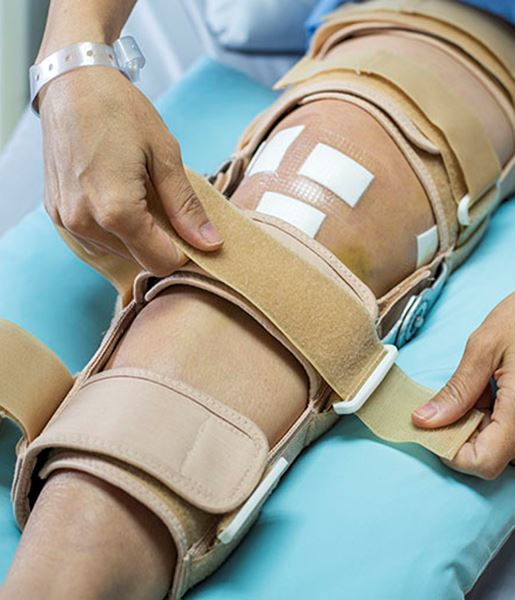
Other knee surgeries and procedures
Total knee replacement approaches
ACL Reconstruction FAQs
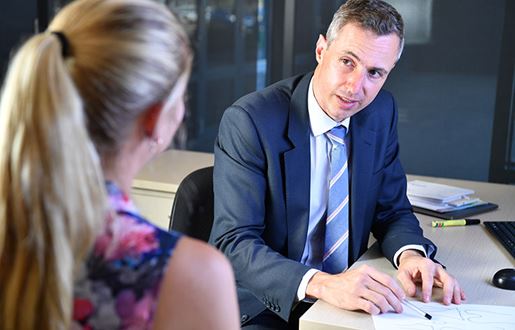
How much will my knee surgery cost?
Understanding the cost of your treatment is an important consideration before committing to surgery, but it’s not always easy to find the information you need. Learn more about the factors which contribute to the cost of your surgery:
What will my treatment and recovery look like?
Familiarising yourself with your treatment program and understanding the recovery process are important steps to take on the pathway to surgery
Patient Journey – Knee Surgery
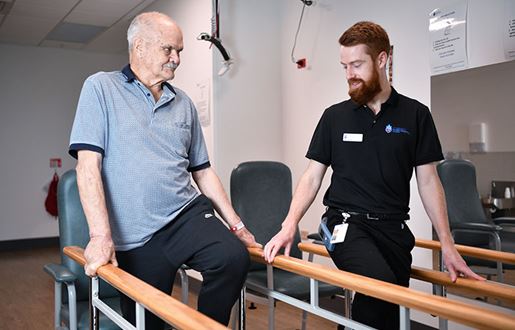
Find a hospital with orthopaedic services
Our Hospitals